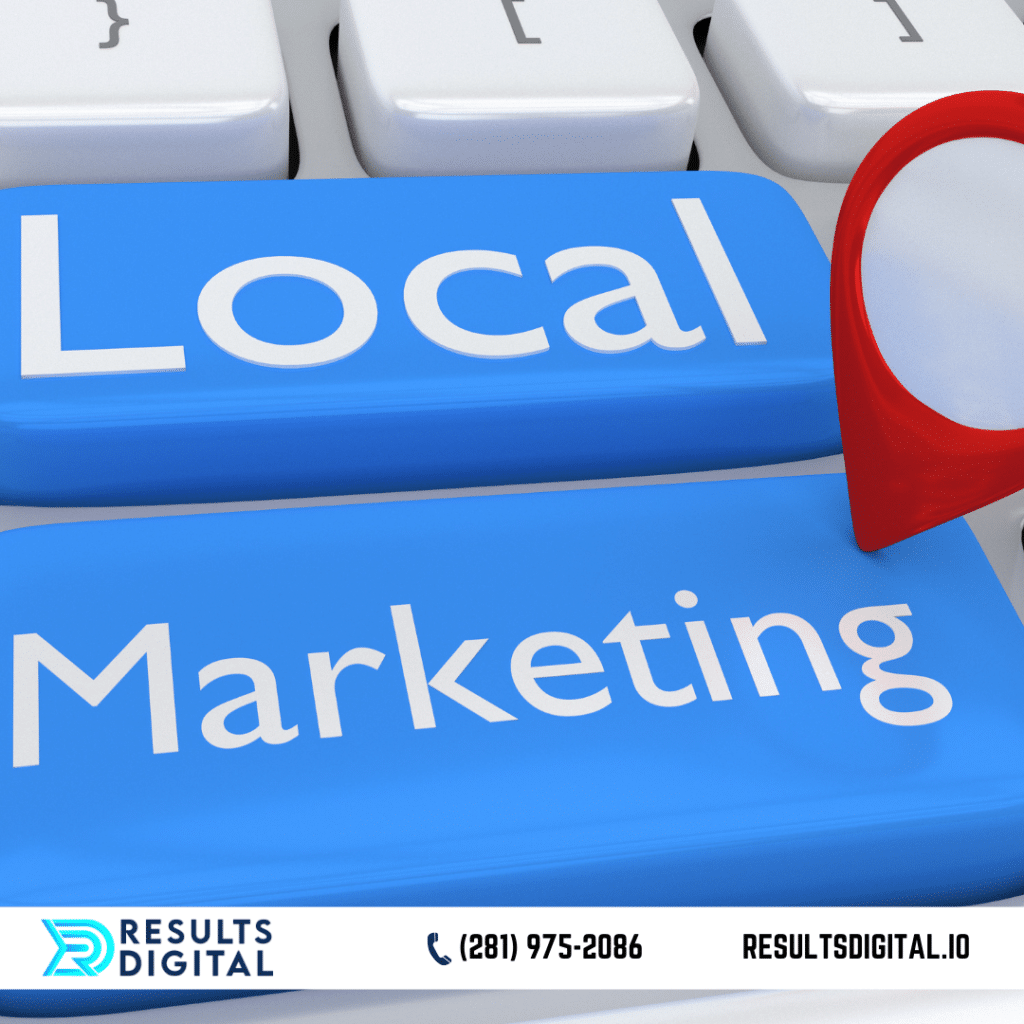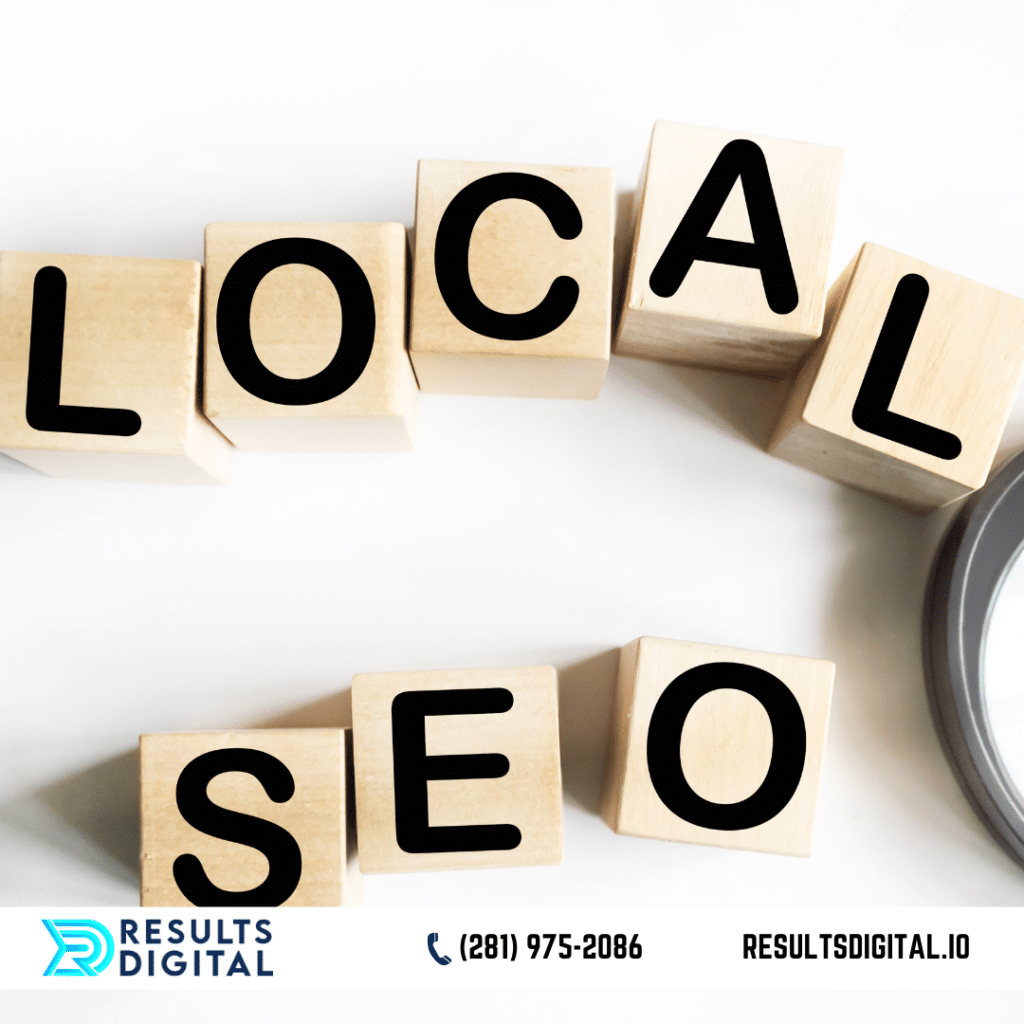Are you struggling to understand the nuances of SEO? In the ever-evolving digital landscape, it’s crucial to grasp the differences between Local SEO, Technical SEO, and Organic SEO to boost your online presence effectively.
Local SEO vs. Technical SEO vs. Organic SEO: Understanding the Differences and Benefits
Here’s a summary of local, technical, and organic SEO differences:
Local SEO – targets local service areas usually for local businesses (example: Affordable SEO Service in Spring, TX).
Technical SEO – search engine techniques to fix indexing issues.
Organic SEO – ranking content naturally in SERPs.

| Aspect | Local SEO | Technical SEO | Organic SEO |
|---|---|---|---|
| Focus | Local visibility and attracting local customers | Website infrastructure and performance | Ranking in organic search results |
| Key Elements | GMB, local citations, reviews, localized content | Site speed, mobile optimization, HTTPS, sitemaps | Keyword research, quality content, backlinks |
| Benefits | Increased local traffic, trust, and credibility | Improved crawlability, better user experience, security | Sustainable rankings, increased trust, cost-effective |
What is SEO?
SEO, or Search Engine Optimization, is the process of optimizing your website to improve its visibility on search engines like Google. There are various types of SEO, each with its own focus and techniques. Understanding these can help you choose the right strategy for your business.
Local SEO: Boosting Your Local Presence
Local SEO is all about optimizing your online presence to attract more business from relevant local searches. This includes everything from optimizing your Google My Business profile to building local citations and getting positive reviews.

Key Elements of Local SEO:
- Google My Business (GMB): Claiming and optimizing your GMB listing is crucial. Ensure your business name, address, and phone number are accurate and consistent across all platforms.
- Local Citations: Listings in local directories like Yelp, Yellow Pages, and local business associations.
- Reviews: Encouraging satisfied customers to leave positive reviews on your GMB and other review sites.
- Localized Content: Creating content that speaks directly to your local audience, incorporating local keywords and trends.
Benefits of Local SEO:
- Increased Visibility: Helps your business appear in local search results and Google Maps.
- Targeted Traffic: Attracts customers who are searching for your services in your area.
- Trust and Credibility: Positive reviews and accurate information build trust with potential customers.

Technical SEO: Optimizing Website Infrastructure
Technical SEO focuses on the backend aspects of your website that affect its performance and visibility in search engines. This includes improving site speed, mobile-friendliness, and ensuring search engines can crawl and index your site efficiently.
Key Elements of Technical SEO:
- Site Speed: Ensuring your website loads quickly to provide a better user experience and reduce bounce rates.
- Mobile Optimization: Making sure your site is mobile-friendly since a significant portion of traffic comes from mobile devices.
- XML Sitemaps: Creating and submitting sitemaps to help search engines understand the structure of your site.
- Structured Data: Using schema markup to help search engines understand your content better and provide rich snippets in search results.
- HTTPS: Securing your website with HTTPS to protect user data and boost search engine rankings.

Benefits of Technical SEO:
- Improved Crawlability: Ensures search engines can easily crawl and index your site, leading to better rankings.
- Better User Experience: Fast-loading, mobile-friendly sites keep users engaged and reduce bounce rates.
- Enhanced Security: HTTPS protects user data, which is crucial for building trust and improving rankings.
Organic SEO: Dominating Search Engine Rankings
Organic SEO refers to the strategies used to improve your website’s visibility in organic (non-paid) search engine results. It involves a combination of on-page and off-page tactics designed to increase your site’s authority and relevance for specific keywords.
Key Elements of Organic SEO:
- Keyword Research: Identifying and targeting the right keywords that your audience is searching for.
- Quality Content: Creating valuable, engaging content that answers your audience’s questions and solves their problems.
- On-Page Optimization: Optimizing elements like title tags, meta descriptions, headings, and content for target keywords.
- Backlink Building: Acquiring high-quality backlinks from authoritative sites to boost your site’s authority and ranking.
- Content Marketing: Developing a content strategy that includes blogs, infographics, videos, and other types of content to attract and engage your audience.
Benefits of Organic SEO:
- Sustainable Results: Unlike paid advertising, organic SEO efforts can provide long-lasting results.
- Increased Trust: High-ranking organic results are often seen as more trustworthy by users.
- Cost-Effective: While it takes time to see results, organic SEO can be more cost-effective in the long run compared to paid advertising.
Differences Between Local SEO, Technical SEO, and Organic SEO
What is the difference between Local SEO and Technical SEO?
Local SEO focuses on optimizing your online presence to attract local customers, while Technical SEO ensures your website’s infrastructure is optimized for search engines to crawl and index effectively.
What is the difference between Local SEO and Regular SEO?
Local SEO targets searches with local intent, often including “near me” queries, while Regular SEO (often referred to as Organic SEO) focuses on broader search queries without a specific geographic focus.
What is the difference between Organic SEO and Non-Organic SEO?
Organic SEO involves optimizing your site to rank in the unpaid search results, while Non-Organic SEO refers to paid search efforts like Google Ads to appear in the sponsored results.
Local vs Organic SEO
Local SEO aims to get your business visible in local search results and maps, while Organic SEO focuses on ranking higher in the overall search results for specific keywords.
Local SEO (GMB) vs. Traditional SEO – Is there a difference?
Yes, Local SEO includes optimizing your Google My Business profile and acquiring local citations and reviews. Traditional SEO focuses on improving your site’s authority and relevance through content, on-page optimizations, and backlinks.
Search Engine Optimization Tips from Results Digital Marketing
Local SEO Tips:
- Optimize GMB: Ensure your Google My Business listing is complete and up-to-date. Add photos and encourage reviews.
- Local Content: Create blog posts about local events, news, and activities to engage your local audience.
Technical SEO Tips:
- Improve Site Speed: Use tools like Google PageSpeed Insights to identify and fix speed issues.
- Mobile-Friendly Design: Ensure your website is responsive and works well on all devices.
Organic SEO Tips:
- Quality Content: Focus on creating high-quality, informative content that answers your audience’s questions.
- Backlinks: Develop a strategy to earn high-quality backlinks from reputable sources in your industry.
FAQs
What is the difference between local SEO and technical SEO?
Local SEO focuses on optimizing for local search visibility, while Technical SEO ensures the technical aspects of your website are optimized for search engines.
What is the difference between local SEO and regular SEO?
Local SEO targets searches with local intent, while regular SEO (Organic SEO) focuses on broader search queries.
What is the difference between organic SEO and non-organic SEO?
Organic SEO refers to ranking in unpaid search results, while non-organic SEO involves paid search efforts like Google Ads.
What is the difference between local SEO and organic SEO?
Local SEO aims at improving visibility in local search results and maps, while Organic SEO focuses on ranking higher in overall search results.
Is there a difference between Local SEO (GMB) and Traditional SEO?
Yes, Local SEO includes optimizing your Google My Business profile, while Traditional SEO focuses on content, on-page optimizations, and backlinks.
Conclusion
Understanding the differences between Local SEO, Technical SEO, and Organic SEO is essential for developing an effective digital marketing strategy. At Results Digital, we offer affordable SEO services tailored to meet your business goals.
Whether you need to boost your local presence, optimize your website’s infrastructure, or improve your organic rankings, we have the expertise to help you succeed. Contact us today to learn more about how we can elevate your online presence and drive more traffic to your site.
